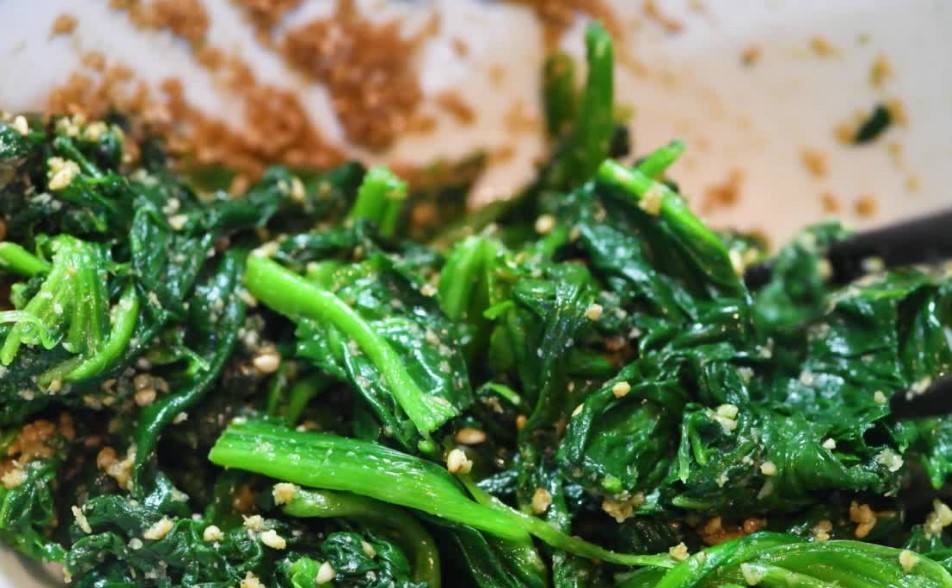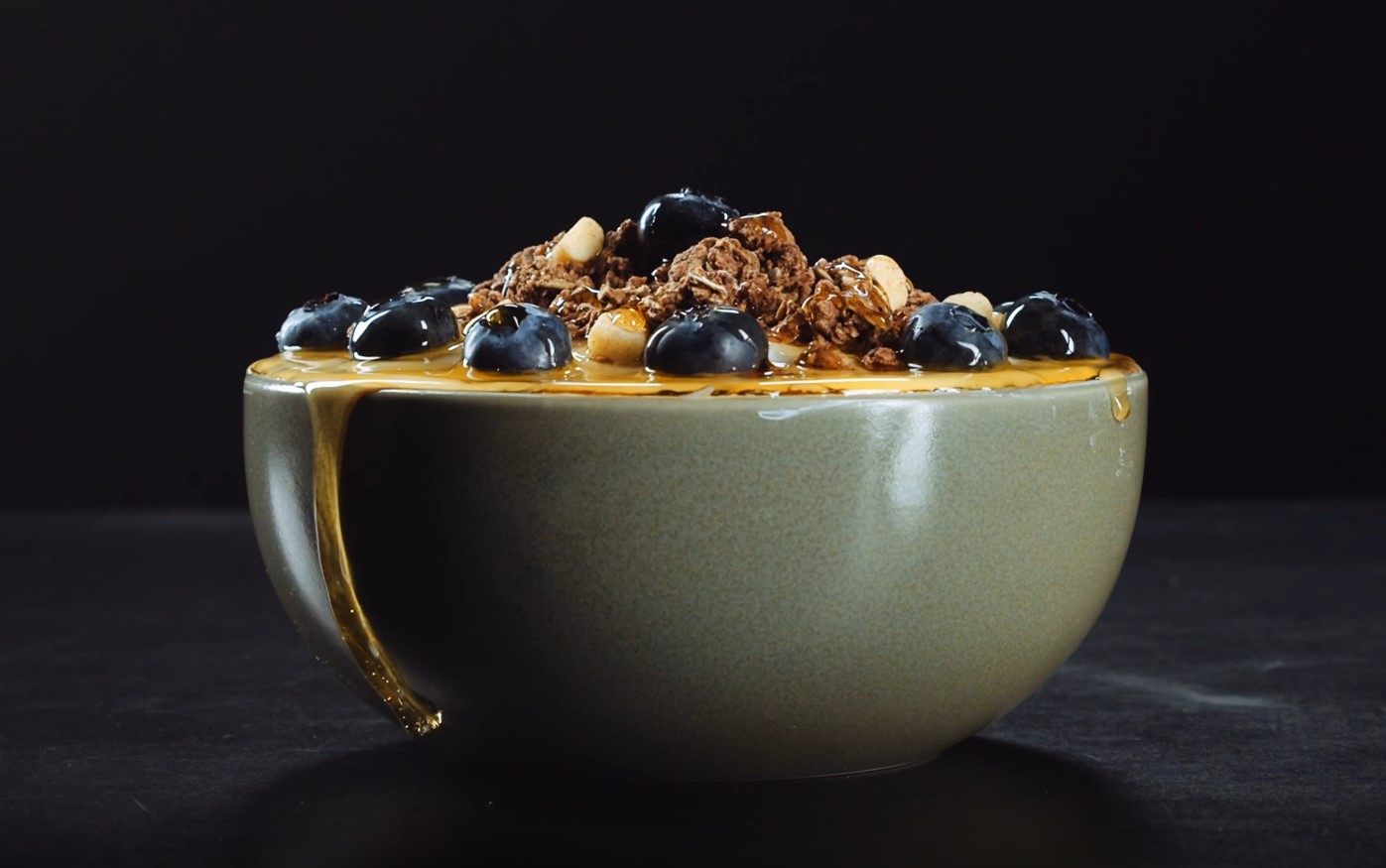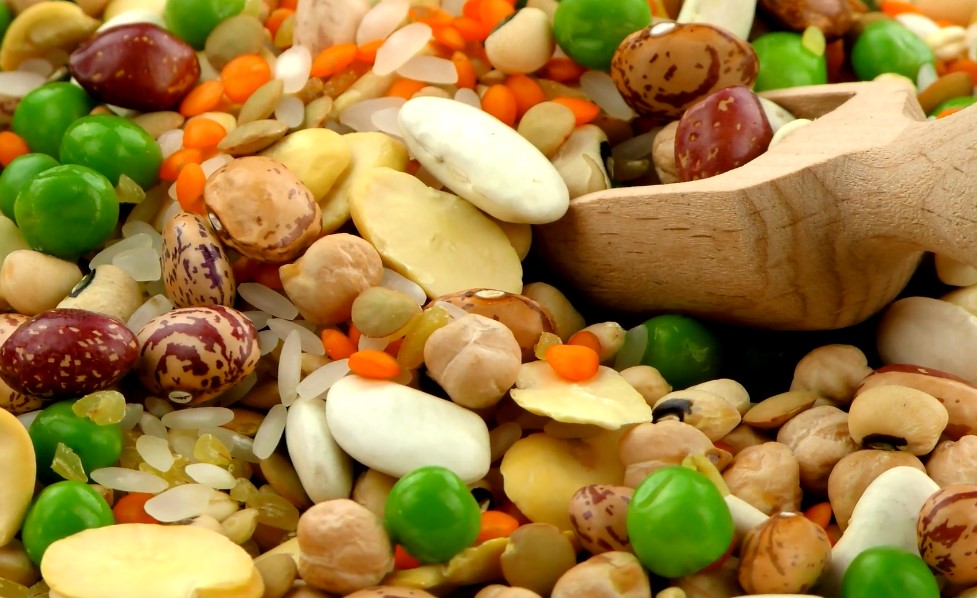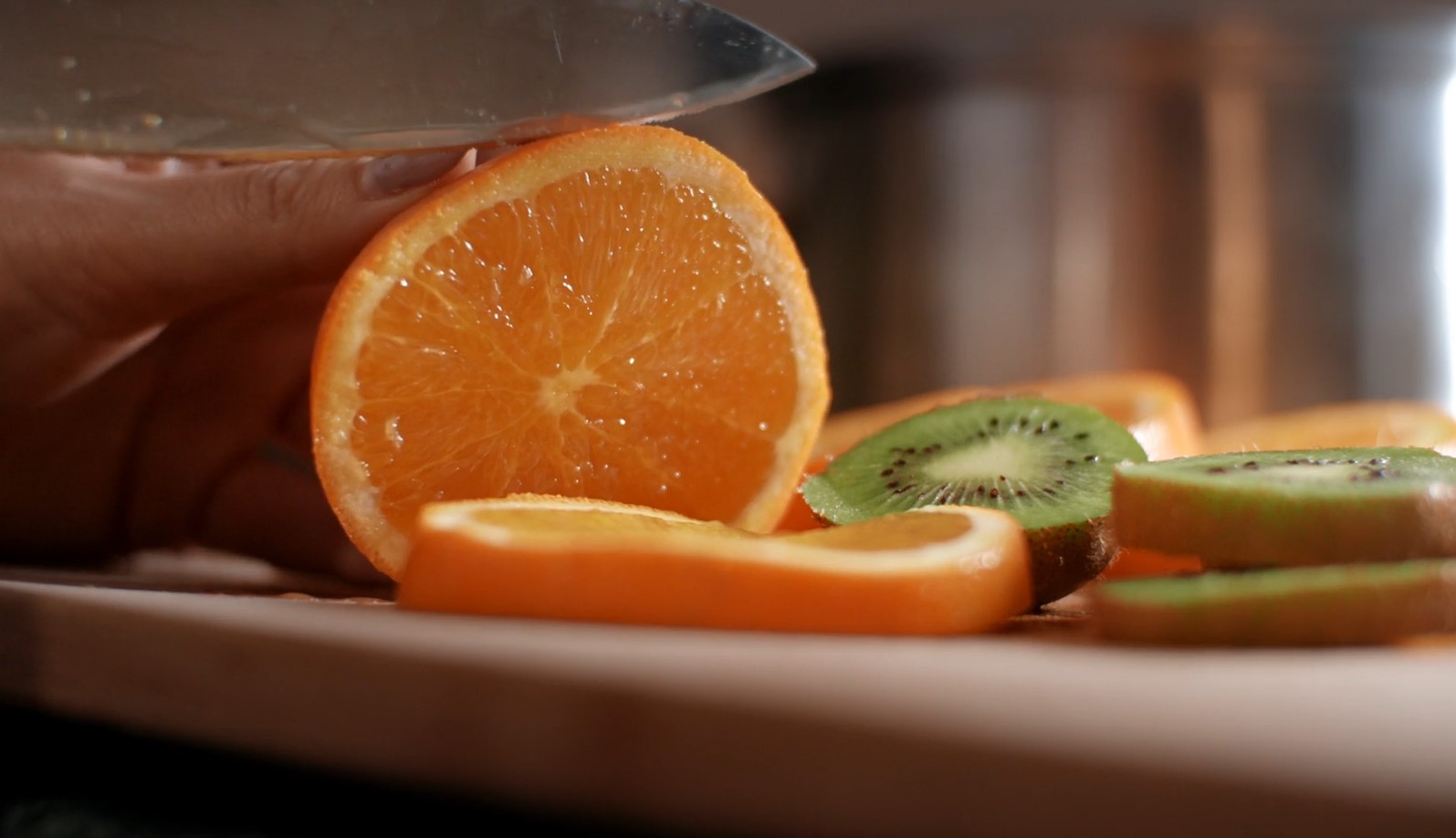As someone who’s deeply invested in taking charge of my health, I’ve found that what we eat really does make a world of difference.
That’s especially true when it comes to maintaining a healthy uterus. Whether you’re looking to ease menstrual symptoms, support fertility, or just take better care of your reproductive health, eating the right foods can be a powerful tool.
So, let’s explore a lineup of nutrient-packed foods that can help keep your uterus happy and healthy!
1. Leafy Green Vegetables (Spinach, Kale, and Swiss Chard)

Leafy greens are absolute superstars. Packed with folate, iron, and vitamin C, they work wonders for overall reproductive health. Folate is crucial for cell growth and DNA production, which is especially important if you’re thinking about starting a family.
Plus, iron helps combat anemia, something anyone who’s dealt with heavy periods can appreciate. Add a handful of spinach to your morning smoothie or sauté some kale with garlic for a nutrient boost.
Why It’s Good
- Fights oxidative stress
- Supports healthy blood flow
- Helps reduce menstrual cramps
Dr. Kathleen Mahannah highlighted that women consuming green vegetables twice daily had a 70% lower chance of developing endometriosis compared to those eating them less frequently.
2. Cruciferous Vegetables (Broccoli, Cauliflower, and Brussels Sprouts)
I’ve always loved broccoli, and there are many reasons to load up on it! Cruciferous veggies are packed with indole-3-carbinol, a compound that helps balance estrogen levels. This can prevent uterine conditions like fibroids and endometriosis. The high fiber content in these veggies also aids in hormone detoxification.
A study in the American Journal of Epidemiology examined the diets of women over several years and observed that higher consumption of cruciferous vegetables was linked to a lower risk of endometrial cancer. The researchers suggested that the bioactive compounds in these vegetables could play a role in reducing cancer risk.
Quick Tips
- Roast Brussels sprouts with olive oil for a crispy treat.
- Steam broccoli and drizzle with lemon juice to enhance nutrient absorption.
3. Berries

Blueberries are rich in antioxidants like vitamin C and flavonoids. Antioxidants help protect uterine cells from damage, support collagen production, and keep inflammation at bay. Personally, I love adding berries to yogurt or tossing some grapefruit segments into a salad for a tangy kick.
Marjorie L. McCullough explained in her research that compounds found in berries, such as anthocyanins and quercetin, have anti-inflammatory effects. Reducing inflammation may lower the risk of developing uterine fibroids and other related issues.
Key Benefits
- Protects cells from free radical damage
- Supports healthy tissue function
- Boosts immune health
4. Whole Grains (Oats, Quinoa, and Brown Rice)
View this post on Instagram
I’m all about whole grains—they’re a fantastic source of fiber, B vitamins, and minerals like magnesium. Fiber helps regulate hormones by flushing out excess estrogen, which is essential for uterine health. Plus, magnesium can ease those pesky cramps by relaxing uterine muscles.
Research in the journal Nutrients highlights the role of vitamin D in ovarian and uterine health, noting that adequate levels are essential for female reproductive function.
Delicious Ideas
- Start your day with a bowl of overnight oats topped with fresh fruit.
- Cook up a pot of quinoa as a base for veggie-packed salads.
5. Fatty Fish (Salmon, Mackerel, and Sardines)

I try to get my omega-3s in whenever I can because they have impressive anti-inflammatory properties. Chronic inflammation is often linked to uterine conditions like endometriosis, so eating fatty fish can be a game-changer. Omega-3s also help balance hormones and reduce menstrual pain.
A study published in the European Journal of Nutrition found that higher intakes of EPA and DHA were significantly associated with lower risks of endometrial cancer. Specifically, women consuming greater amounts of these fatty acids had a reduced risk compared to those with lower intakes.
Serving Suggestions
- Grill a salmon fillet with herbs and lemon for a tasty, nutrient-rich dinner.
- Add canned sardines to a salad or pasta for a quick omega-3 boost.
6. Nuts and Seeds (Almonds, Walnuts, and Flaxseeds)
I always have a stash of nuts and seeds around for a healthy snack. Not only are they rich in healthy fats, but flaxseeds, in particular, contain lignans that help balance estrogen.
Walnuts and chia seeds are also excellent sources of omega-3s, helping to reduce inflammation and support hormone production.
Almonds
Rich in vitamin E and magnesium, almonds help reduce inflammation and support hormone balance, both crucial for uterine well-being. Magnesium, in particular, aids in relaxing uterine muscles, potentially easing menstrual cramps. – Cleveland Clinic Health
Walnuts
Packed with omega-3 fatty acids and antioxidants, walnuts combat inflammation and promote healthy blood flow to the uterus. Improved circulation ensures the uterine lining receives essential nutrients, supporting reproductive health. – Verywell Health
Flaxseeds
High in lignans and omega-3s, flaxseeds have phytoestrogenic properties that help balance estrogen levels. Maintaining hormonal balance is vital for a healthy menstrual cycle and uterine function. – NaturaLife
Ways to Include Them
- Sprinkle ground flaxseeds on oatmeal or smoothies.
- Snack on a handful of mixed nuts for a mid-afternoon energy boost.
7. Legumes (Beans, Lentils, and Chickpeas)

Legumes are nutrient powerhouses. They’re full of fiber, plant-based protein, iron, and folate. By stabilizing blood sugar levels and promoting digestive health, they contribute to hormone balance.
Plus, the iron in legumes is essential if you’re experiencing heavy periods.
According to MDPI, phytoestrogens in legumes can mimic estrogen in the body, potentially aiding in regulating menstrual cycles and alleviating symptoms of hormonal imbalances.
How to Eat More Legumes
- Make a hearty lentil soup or chickpea curry.
- Whip up a batch of hummus for dipping veggies or spreading on sandwiches.
8. Dairy Products (Yogurt and Milk)
@drjenniferlincoln Welcome to my Ted talk on yogurt for vaginal health. #learnontiktok #tiktokpartner #yeast #probiotic #obgyn #science ♬ original sound – Dr. Jennifer Lincoln
I love starting my mornings with a bowl of yogurt topped with fresh fruit. Dairy products provide calcium and vitamin D, both of which support uterine muscle function and reduce the risk of fibroids.
The probiotics in yogurt also contribute to a healthy gut, which plays a surprising role in hormone regulation.
Regarding fertility, a study in Human Reproduction observed that high intake of low-fat dairy foods was associated with an increased risk of anovulatory infertility, while high-fat dairy foods appeared to have a protective effect.
9. Green Tea

I never skip my afternoon cup of green tea. It’s packed with antioxidants, particularly EGCG, which may help shrink fibroids and reduce oxidative stress. Plus, it’s just a soothing way to unwind during a busy day.
A study published in Nutrients reviewed nearly 200 studies and recommended dietary choices for preventing uterine fibroids. The study suggests that nutrients like EGCG from green tea can help prevent fibroids.
10. Turmeric
Turmeric isn’t just a trendy ingredient—it’s loaded with curcumin, which is known for its anti-inflammatory and antioxidant properties. It can help reduce uterine inflammation, which is beneficial for conditions like endometriosis.
I love adding turmeric to soups or making a warm turmeric latte. A review in Nutrients discussed curcumin’s potential in treating female reproductive disorders, including endometriosis.
The review noted that curcumin alleviates endometriosis through anti-inflammatory, anti-proliferative, anti-angiogenic, and pro-apoptotic mechanisms. However, more research is needed to confirm its efficacy.
11. Ginger (Nature’s Anti-Inflammatory Food)

Ginger has been my go-to for easing menstrual cramps and reducing inflammation. Whether it’s fresh ginger tea or grated into stir-fries, it’s an easy way to boost your health. It’s also great for boosting circulation, which is vital for uterine health.
Ovarian Research suggests that ginger’s active compounds, such as gingerol, may have anti-cancer effects, including against cervical cancer.
Studies indicate that ginger can influence various signaling pathways, potentially playing a role in the prevention and treatment of cervical cancer.
12. Avocados
View this post on Instagram
I’m obsessed with avocados—not just because they’re delicious, but because they’re packed with healthy fats, fiber, and potassium.
Those healthy fats are crucial for hormone production, and potassium helps regulate muscle contractions.
A study published on NCBI explored the effects of avocado seed extract on female guinea pigs. The results showed a prolonged estrus phase and increased levels of estradiol and luteinizing hormone, suggesting potential benefits for reproductive health.
However, since this study was conducted on animals, its applicability to humans remains uncertain.
How to Enjoy Them
- Smash avocado on toast with a sprinkle of chili flakes.
- Blend into smoothies for a creamy texture.
13. Citrus Fruits (Oranges, Lemons, and Grapefruits)

Citrus fruits are perfect if you’re looking to boost your vitamin C intake, which supports collagen production and protects uterine tissues. A glass of freshly squeezed orange juice or adding lemon slices to water is an easy way to get your dose.
A study published in Human Reproduction found that higher intake of fruits, particularly citrus, was associated with a lower risk of endometriosis, a condition where tissue similar to the uterine lining grows outside the uterus.
The study suggested that women consuming at least one serving of citrus fruits daily had a 22% lower risk of developing endometriosis compared to those consuming less than one serving per week.
Final Thoughts
Maintaining uterine health doesn’t have to be a daunting task. By incorporating these foods into your daily meals, you can nourish your body and support reproductive wellness. The best part? Many of these foods are already pantry staples or easy to find at your local grocery store.

